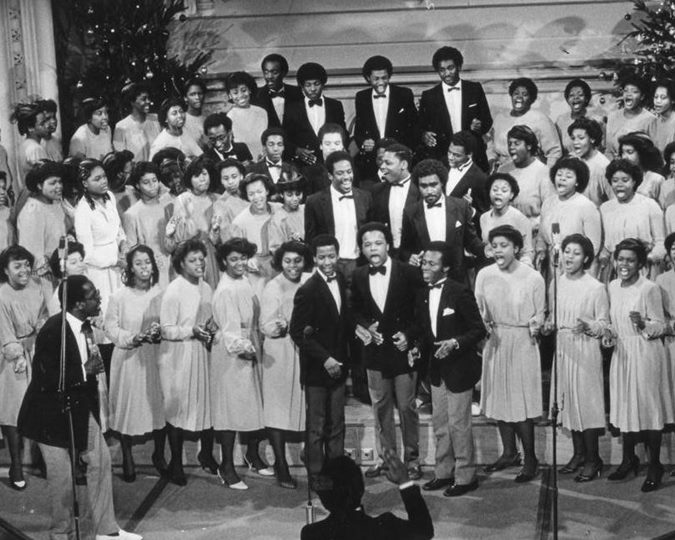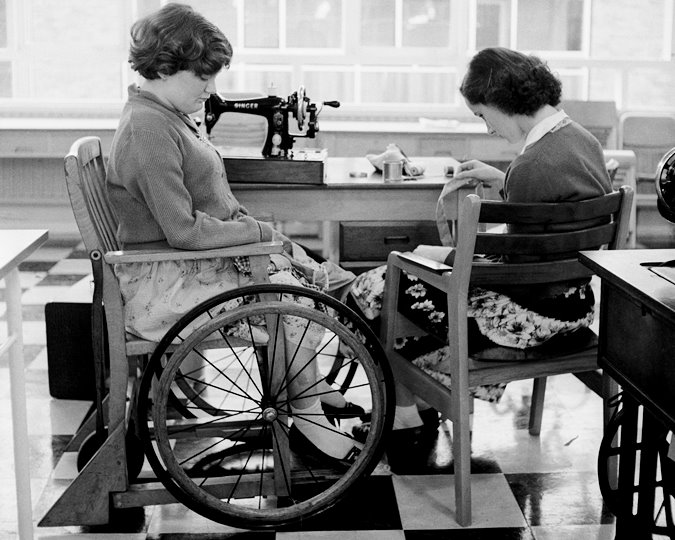Mary Gawthorpe was a Suffragette, socialist and trade unionist, marrying the militancy of the Women's Social and Political Union to a broader left-wing activism.
Mary was born in Leeds into a working-class family, her father being a leather worker and her mother a mill-worker. Aged just 13 Mary became a teacher, and was also a talented mezzo-soprano, winning a scholarship to the Leeds School of Music.
By the age of 20 Mary was politically active in the Leeds area and joined the Women's Social and Political Union in 1906, after a visit to London. By October 1906 Mary was a full time salaried member of the National Committee of the Women's Social & Political Union and subsequently, from 1908, WSPU Chief Organiser for the Lancashire area.
As an Organiser, Mary has a brief to organise large meetings in the northern cities including a successful rally at Heaton Park, Manchester that attracted a crowd of over 150,000. A highly intelligent and popular speaker, despite poor health she travelled around the country speaking at meetings and was arrested four times for militancy, her first arrest being in October 1906 for demonstrating outside Parliament soon after joining the WSPU.
Mary was a formidable speaker, particularly noted for her courage in the face of hecklers and counter-protestors. She was knocked unconcious while speaking at a by-election in Rutland in 1907, when one of a rowdy crowd threw a clay pot at her. Undeterred, she returned the next day and Sylvia Pankhurst proclaimed her "Heroine of the Election".
Following her second arrest in 1907 for demonstrating during the First Women's Parliament Mary's trial was adjourned due to ill health and soon after she was operated on by Louisa Garrett for appendicitis. In 1910 Mary was forced to give up her demanding Organiser role due to continuing ill health.
Although Mary resigned from the WSPU, a year later she remained politically active. In February 1912 she served her final term of imprisonment with hunger and thirst strike. She had been convicted for breaking a window at the Home Office, in protest against the force-feeding of William Ball, but she was released within 36 hours due to poor health.
Mary Gawthorpe emigrated to the USA in 1916 and was involved in the American women's suffrage and trades union movements.








